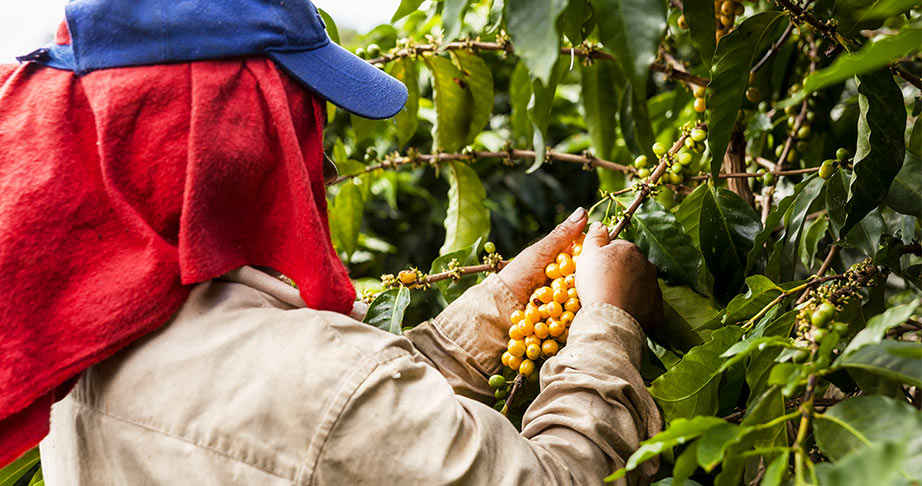
At the end of 2020, there were a reported 26.4 million people registered as refugees worldwide, almost half of whom were children. The UNHCR has referred to 2010-2019 as the “decade of displacement,” as the number of refugees has doubled worldwide. Eighty-six percent of this population are hosted in developing countries. Many global supply chains – of both goods and services – are likely to intersect with refugees in many ways depending on the specific country and sector contexts, with refugee populations in key exporting countries contributing both formally and informally to the production of export goods. Refugees can in some cases be especially vulnerable to schemes that put them at risk for forced labor, child labor and other labor abuses. With the global refugee crisis showing no signs of abating, companies must seek to define an effective and proactive response to this challenge across their operational footprint.
Verité and the Tent Partnership for Refugees’ new report “Combating Forced and Child Labor of Refugees in Global Supply Chains: The Role of Responsible Sourcing” offers guidance that can help companies hire and incorporate refugees into their supply chains and advocate for their rights as a proactive strategy towards combating forced labor.
The report contains detailed information on labor vulnerabilities faced by refugees in global supply chains and makes the case for why multinational companies should include refugees in their strategies to combat forced labor. It provides companies and their responsible sourcing teams with concrete actions they can take to encourage their suppliers to hire refugees and advocate for refugees’ expanded right to work. Procurement incentives for sourcing from refugee-owned or -operated businesses are also discussed. Specific examples are provided of company-led initiatives to support refugee livelihoods and reduce their labor vulnerability.
The report also notes the ways in which a supportive policy agenda can enhance forced labor interventions, outlining recent policy shifts and milestones, as well as emerging guidelines on inclusive business engagement concerning refugees.
A central finding of the research indicates that refugees live and work in almost all countries of the world and in varying situations of vulnerability to forced labor. The report proposes that in the face of the global phenomenon of long-term displacement, companies must take concrete steps to integrate refugee protection and livelihood into their responsible sourcing due diligence.
Photo: Andres Navia Paz/shutterstock.com
